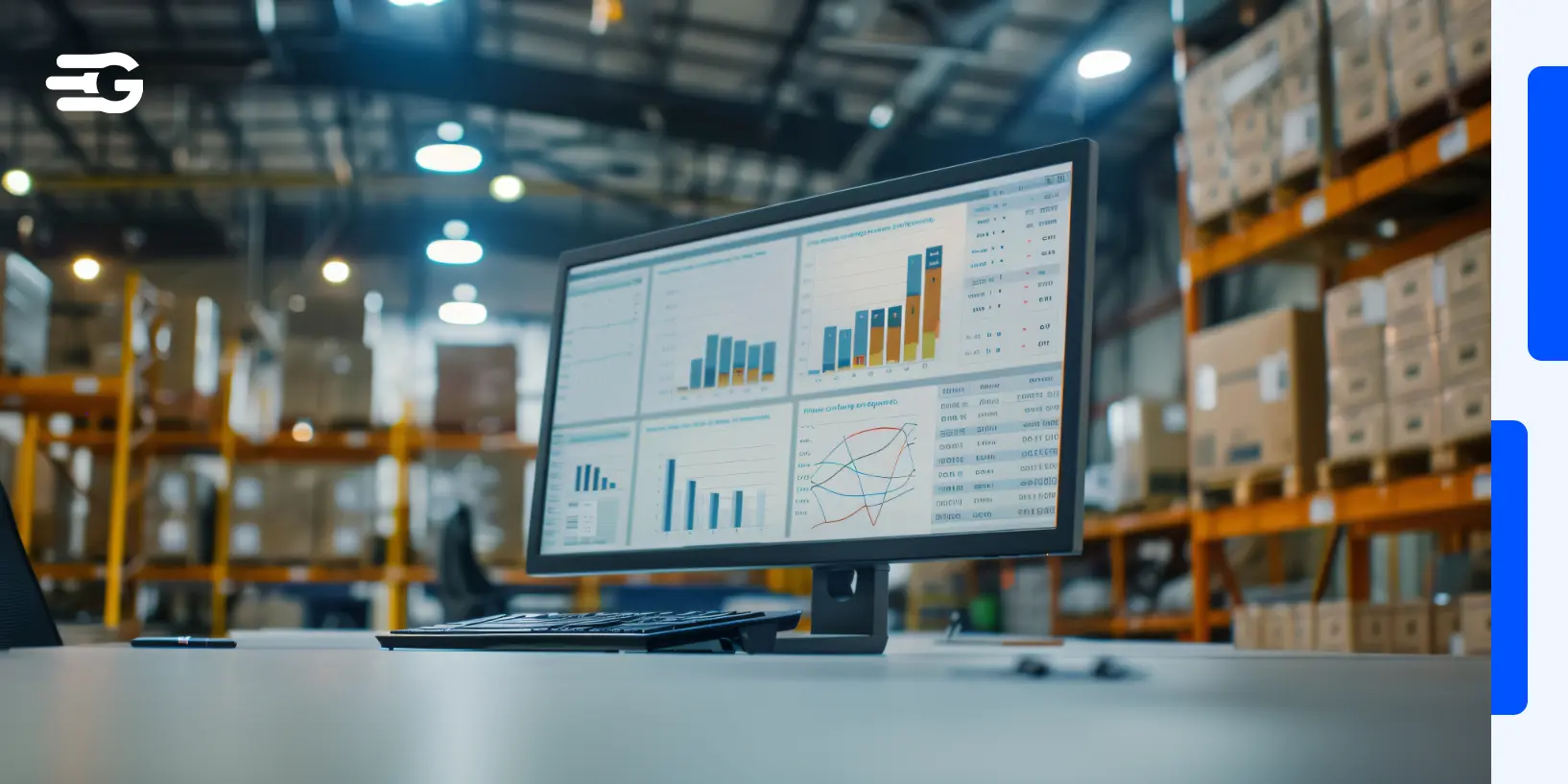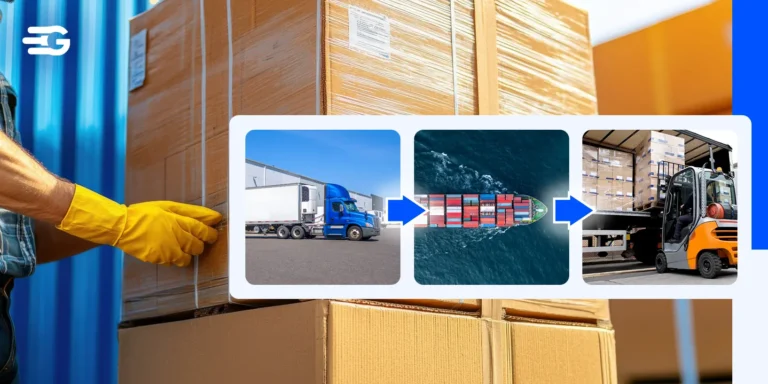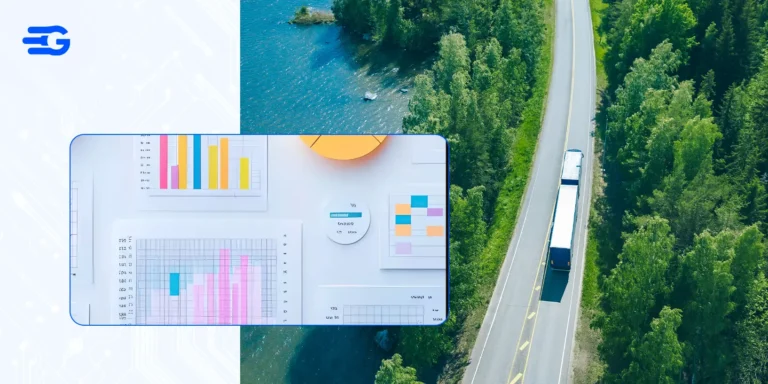Types of Supply Chain Management Software: Key Types & Features
In today’s dynamic global market, effective supply chain management (SCM) is crucial for minimizing disruptions, reducing costs, and maintaining customer satisfaction. The right SCM software can dramatically improve a company’s ability to plan, execute, and optimize its supply chain operations. This blog will walk you through the main types of SCM software, their key features, and compare some of the leading platforms in the industry—including GoComet, a recognized leader in real-time logistics and freight optimization.
Main Categories of Supply Chain Management Software
Supply chain software can be categorized based on the specific function it serves in the supply chain. Here are the key types:
1. Inventory Management Systems (IMS)
- Tracks incoming and outgoing stock levels in real-time
- Automates reordering based on preset inventory thresholds
- Forecasts future stock requirements using analytics
- Reduces holding costs and stockouts
2. Warehouse Management Systems (WMS)
- Digitizes warehouse operations like receiving, putaway, picking, and packing
- Supports barcode/RFID scanning for accurate inventory movement
- Optimizes warehouse layout and storage allocation
- Helps with labor planning and real-time stock visibility
3. Transportation Management Systems (TMS)
- Plans, executes, and optimizes goods movement across all modes (road, air, ocean)
- Provides route planning, carrier selection, and freight auditing
- Enables real-time shipment tracking
- Suggests alternative routes in case of disruptions
4. Procurement and Supplier Management
- Manages supplier contracts, quotes, and performance
- Streamlines purchase order and invoice processing
- Helps enforce contract compliance
- Enhances supplier collaboration and risk management
5. Demand Planning and Forecasting Tools
- Uses historical and market data to predict customer demand
- Improves production and inventory planning
- Reduces excess inventory and lost sales
- Aligns sales, operations, and finance teams with reliable data
6. Enterprise Resource Planning (ERP) Suites with SCM Modules
- Integrates supply chain processes with finance, HR, and customer service
- Enables automatic updates across departments
- Supports end-to-end visibility across the value chain
7. Supply Chain Visibility & Collaboration Platforms
- Aggregates data from suppliers, carriers, and systems
- Identifies delays and risks with predictive alerts
- Supports collaboration across all supply chain stakeholders
- Provides dashboards for real-time decision-making
Leading SCM Software Platforms
Here is a quick comparison of five leading supply chain management solutions:
| Platform | Core Functionalities | Strengths | Ideal Users/Industries |
|---|---|---|---|
| GoComet | Real-time multi-modal tracking, automated freight procurement, predictive ETA | Fast implementation, AI-powered analytics, cost benchmarking | Shippers, freight forwarders, logistics managers |
| SAP SCM (S/4HANA) | Integrated planning, EWM, TM, Supplier Collaboration | Deep functionality, highly scalable, ERP integration | Global manufacturers and retailers |
| Oracle SCM Cloud | Cloud-native planning, logistics, procurement | Powerful analytics, modular design, flexible deployment | Mid-to-large enterprises in diverse sectors |
| Manhattan Associates | WMS, TMS, labor & yard management | Execution efficiency, omnichannel support | Retail, food & beverage, 3PLs |
| Blue Yonder (JDA) | AI-based demand planning, inventory optimization | Machine learning-driven forecasting, end-to-end planning | Retailers, consumer goods companies, manufacturers |
Why GoComet Stands Out
GoComet has emerged as an industry leader in the logistics segment of SCM thanks to its:
- AI-powered multimodal tracking
- Predictive ETAs that minimize uncertainty
- Freight procurement automation for cost savings
- Integration with existing ERP and TMS platforms
By focusing on real-time visibility and cost optimization, GoComet helps supply chain teams make faster, more informed decisions.
Final Thoughts
Selecting the right SCM software depends on your organization’s priorities. Whether you’re looking to boost warehouse efficiency, streamline freight procurement, or forecast demand more accurately, there’s a tool tailored for that need. Platforms like GoComet are excellent for companies seeking quick wins in logistics and transportation visibility, while more extensive suites like SAP or Oracle are better suited for complex, enterprise-wide deployments.
Investing in the right combination of SCM tools can lead to faster fulfillment, reduced costs, and greater supply chain resilience—essentials for thriving in today’s unpredictable environment.






